
Similar Posts
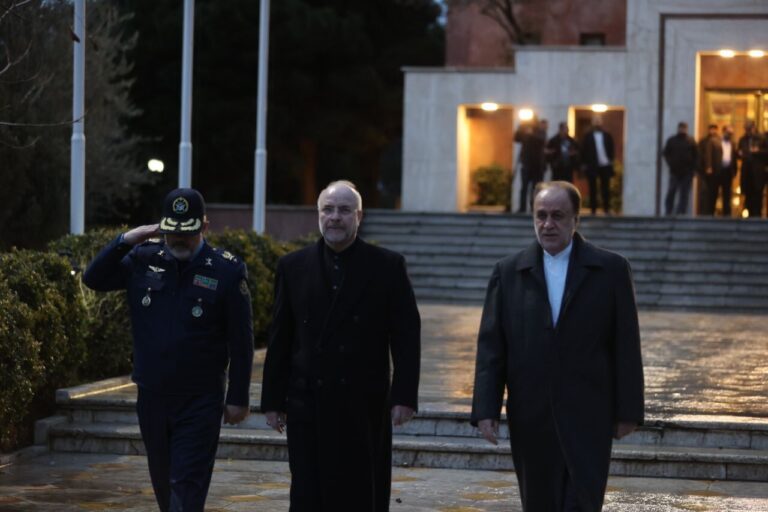
Iranian Delegation Arrives in Lebanon to Honor Resistance Leaders at Funeral
Delegates from the Iranian government and private citizens traveled to Lebanon to honor Hezbollah leaders Sayyed Hassan Nasrallah and Sayyed Hashim Safieddine, who were assassinated by Israel. Parliament Speaker Mohammad Baqer Qalibaf attended the funeral, emphasizing its significance for the Resistance Front and solidarity from the Islamic world. He noted that despite losses, Lebanon has restored security after months of Israeli aggression. The funeral was attended by families of Iranian martyrs and cultural figures. Nasrallah was killed on September 27, 2022, during an Israeli airstrike, while Safieddine was killed in a subsequent attack in October.

Iran and Azerbaijan Forge Stronger Ties with 7 New Cooperation Agreements
In a key diplomatic development, the Presidents of Iran and Azerbaijan signed seven cooperation agreements in Baku, during President Masoud Pezeshkian’s visit. The agreements focus on enhancing political dialogue, improving transportation links, promoting cultural exchanges, collaborating on health initiatives, strengthening media relations, and encouraging mutual investments. This ceremony highlighted the commitment of both nations to bolster their bilateral relations and foster collaboration across various sectors. The presence of the presidents underscores the significance of this partnership as both countries aim to enhance their diplomatic and economic ties.
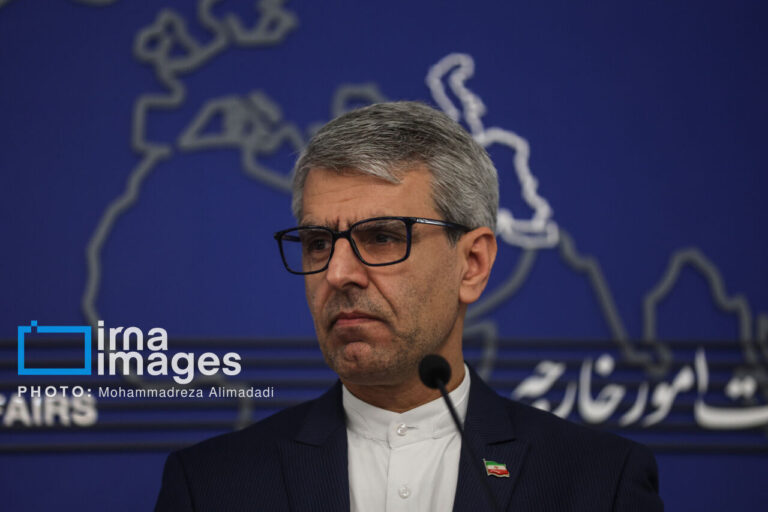
Iran Strongly Condemns Deadly Terror Attack in Balochistan, Pakistan
Iran’s Foreign Ministry spokesman, Esmail Baghaei, condemned a recent terrorist attack in Balochistan, Pakistan, that targeted a coal mine in Harnai, resulting in the deaths of at least 11 miners and injuries to others. In his statement, Baghaei expressed condolences to the victims’ families and the Pakistani government, wished for the injured’s swift recovery, and reiterated Iran’s commitment to opposing terrorism in all forms. He also emphasized the need for enhanced bilateral and regional cooperation to combat such violence. No group has claimed responsibility, though the Baluchi Liberation Army has a history of similar attacks in the area.
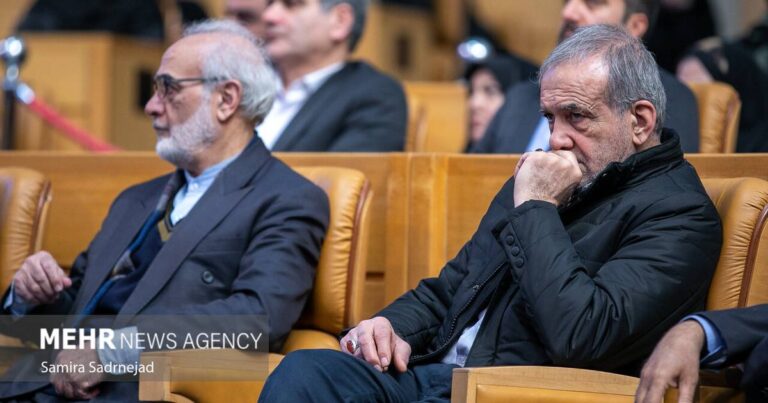
Pezeshkian’s Crucial Crossroad: To Defend His Position or Bow Out?
Iranian President Masoud Pezeshkian faces critical challenges amid growing opposition, prompting questions about his political future. Key issues include the controversial hijab law, stalled U.S. negotiations, and the recent impeachment of Economy Minister Hemmati. Despite calls for unity, Pezeshkian’s coalition is weakened by hardliners dominating key positions. He has publicly resisted enforcing the hijab law and acknowledged policy disagreements with Supreme Leader Khamenei, marking a significant shift. As ultra-hardliners push for his resignation due to economic troubles, Pezeshkian contemplates his next steps, balancing pressure for reform against the need to maintain his presidency.
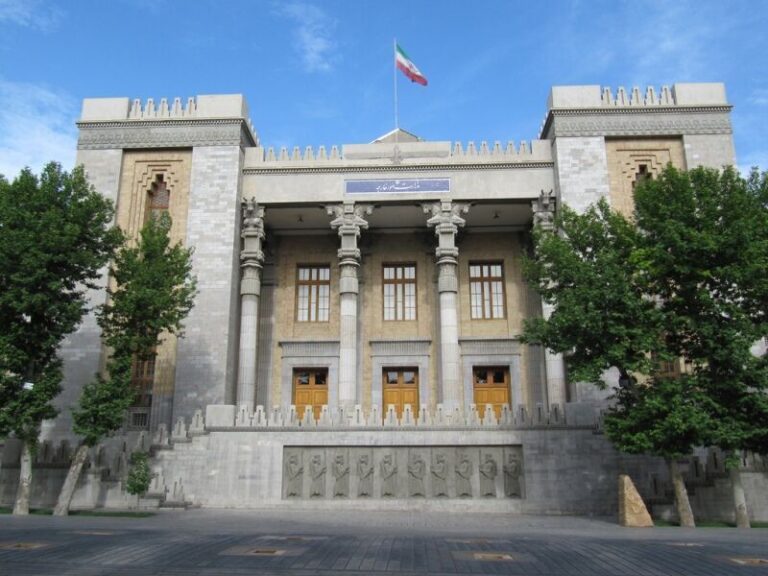
Iran Calls In Poland’s Charge d’Affaires Following Controversial Remarks by Foreign Minister
Diplomatic tensions between Iran and Poland have intensified due to controversial remarks from Polish officials, particularly the foreign minister’s anti-Iran statements. Iran’s Ministry of Foreign Affairs summoned Poland’s chargé d’affaires to protest these comments. The situation worsened with the display of an Iranian drone wreckage at the 2025 Conservative Political Action Conference (CPAC), attended by notable figures like Donald Trump. This event aimed to raise awareness about Iran-Russia cooperation. Reports indicate that the Shahed drone, downed by Ukraine, was linked to Iranian support for Russia, which Iran denies, asserting its right to sell drones legally.
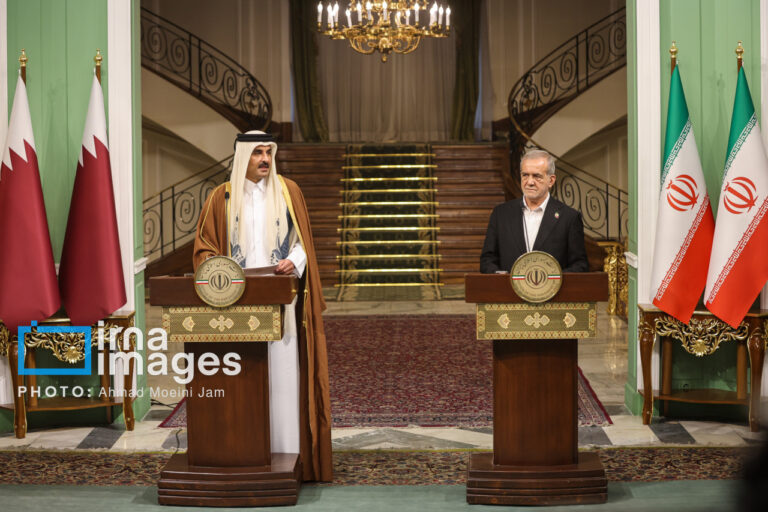
Iran’s Foreign Policy: President Pezeshkian Highlights Qatar’s Unique Role
Iranian President Masoud Pezeshkian emphasized the importance of Iran’s relationship with Qatar during a joint press conference with Qatari Emir Sheikh Tamim bin Hamad Al Thani. He highlighted ongoing meetings to deepen cooperation and expressed belief in regional collaboration for stability. Pezeshkian commended Qatar’s mediation efforts in Gaza and called for Islamic nations to unite against oppression. Sheikh Tamim affirmed the necessity of dialogue to resolve differences, expressing confidence in enhancing bilateral relations. The discussions covered trade and economic cooperation, as well as the Palestinian issue, advocating for adherence to the Gaza ceasefire and humanitarian aid.